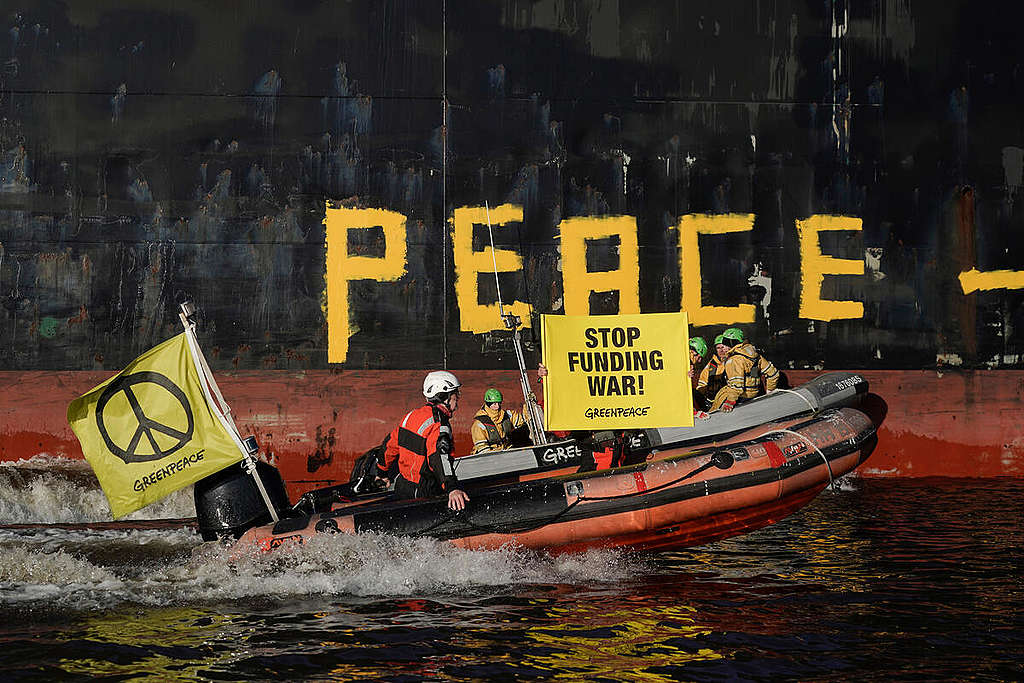The images of war are visceral and tragic: explosions, devastated cities, and the immense human suffering of soldiers and civilians alike. We are often led to believe that conflicts are born from a clash of ideologies, a struggle for national sovereignty, or a fight against tyranny. While these factors are undeniably at play, a deeper, more cynical truth often lies beneath the surface: the immense and pervasive role of business interests. For many, war is not a tragedy to avoid, but a lucrative opportunity to exploited. From the arms manufacturers that profit from the sale of weapons to the corporations that vie for control of natural resources, the modern battlefield is also a marketplace, where financial gain is a powerful, if hidden, motivator.

This article will explore the complex and often-overlooked connection between business and conflict. We’ll delve into the various ways commercial interests can fuel, prolong, and profit from war, moving beyond the simple narrative of a political or ideological struggle. We’ll examine the military-industrial complex, the battle for resources, and the post-war reconstruction boom, providing data and examples that reveal the powerful financial incentives that drive nations to conflict.
1. The Military-Industrial Complex: A War Machine for Profit
The most direct link between business and war is the military-industrial complex—a term famously coined by President Dwight D. Eisenhower. It refers to the symbiotic relationship between a nation’s military and the defense industries that supply it.
- A Lucrative Business: For a defense contractor, conflict is good for business. The threat of war, or a war itself, guarantees a steady demand for fighter jets, tanks, missiles, and advanced surveillance systems. The United States, for instance, has the largest defense budget in the world, and a significant portion of that budget goes to private companies like Lockheed Martin, Boeing, and Raytheon. These corporations spend millions on lobbying to ensure a continuous flow of contracts, often for weapons systems that cost billions of dollars and can become obsolete before they are ever use.
- The Cycle of Production: The profits from these contracts are often reinvested into lobbying and research, creating a self-perpetuating cycle where the threat of conflict is magnified to justify ever-increasing defense spending. The business interest isn’t to end the war quickly, but to keep the demand for their products high.
2. The Battle for Resources: A Modern Scramble
Many modern conflicts are not fought for territory in the traditional sense, but for control over valuable natural resources—oil, gas, minerals, and rare earth elements. These resources are the lifeblood of the global economy, and the control of them can bring immense wealth and power.
- The Case of Oil: The search for oil has been a major driver of conflicts in the Middle East and other energy-rich regions. Western powers, heavily reliant on oil for their economies, have a direct business interest in maintaining control over its flow and price. This has led to direct military interventions and the support of allied regimes, regardless of their human rights records. The invasion of Iraq in 2003, for example, was framed as a mission to remove a tyrannical dictator, but many critics argue that a powerful, underlying motivation was to secure a steady supply of oil.
- Minerals and Metals: The same dynamic applies to other minerals. The Democratic Republic of Congo plague by decades of conflict, often referred to as the “resource curse.” The fighting fuel by the struggle for control of valuable minerals like cobalt and coltan, which are essential for manufacturing everything from smartphones to electric car batteries. Warlords and rebel groups profit from the illegal mining and sale of these minerals, creating a financial incentive to prolong the conflict.
3. Post-War Reconstruction: A New Frontier of Profit
When the bombs stop falling, the business interests don’t disappear; they simply shift gears. The massive task of post-war reconstruction is a new frontier for profit, often dominated by the same companies that profited from the conflict itself.
- Rebuilding the Infrastructure: After a war, a country needs to rebuild its roads, bridges, power grids, and communication systems. Companies like Halliburton and Bechtel have received multi-billion dollar contracts for reconstruction projects in Iraq and Afghanistan. These contracts, often awarded with little to no competition, have been the subject of controversy and accusations of corporate cronyism.
- The Privatization of Services: In the aftermath of conflict, there is often a push to privatize essential services that were once run by the state. This includes security, logistics, and even healthcare. The rise of private military contractors (PMCs), such as Blackwater (now Academi), is a clear example of how the business of war extends beyond the battlefield itself.
Conclusion
The connection between business and war is a complex and uncomfortable reality. While not every conflict is start for purely financial gain, it is undeniable that commercial interests play a significant role in fueling, prolonging, and profiting from the destruction. From the military-industrial complex that thrives on a state of perpetual tension to the corporations that battle for control of precious natural resources, the pursuit of profit is a powerful motivator in the theater of war. A truly comprehensive understanding of conflict requires us to look beyond the battlefield and into the boardrooms and financial markets that are so often overlook.